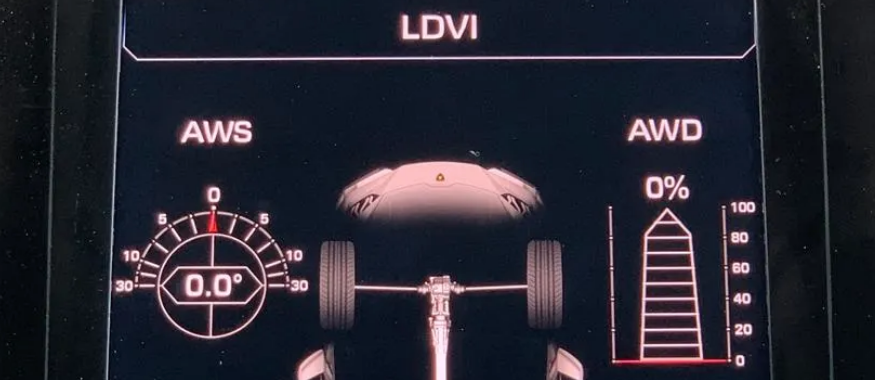Embracing the Future:
The automotive industry is undergoing a transformative shift, thanks to the increasing integration of artificial intelligence (AI). This evolution isn’t just about self-driving cars; it encompasses a broad spectrum of innovations that are redefining how vehicles are built, maintained, and interact with their environments. Here’s a closer look at how AI is driving the future of the automotive sector.
1. Enhanced Manufacturing Efficiency
AI technologies are revolutionising car manufacturing processes. From the assembly line to the final quality checks, AI-driven robots and systems are increasing efficiency, reducing human error, and lowering costs. Smart factories are now using AI to predict maintenance needs and optimise production schedules, ensuring smoother operations and higher productivity.
2. Autonomous and Semi-autonomous Driving
Perhaps the most publicised aspect of AI in automobiles is autonomous driving. Companies like Tesla, Waymo, and several traditional automotive giants are investing heavily in developing vehicles that can navigate without human intervention. This includes everything from fully autonomous vehicles capable of navigating complex urban environments to semi-autonomous features like Tesla’s Autopilot, which can handle highway driving with minimal human oversight.
3. Improved Safety Features
AI enhances vehicle safety through advanced driver-assistance systems (ADAS). These systems use AI to analyse data from vehicle sensors and cameras to detect potential hazards, such as pedestrians or sudden stops. Features like automatic braking, lane-keeping assist, and adaptive cruise control are making driving safer for everyone on the road.
4. Personalised User Experiences
AI is personalising the driving experience. Modern vehicles can adjust settings such as seat positioning, climate control, and even driving modes based on the driver’s preferences and habits, all learned over time by the vehicle’s AI. This level of customisation extends to entertainment and navigation systems that learn and adapt to the preferences of the user, enhancing user satisfaction and comfort.
5. Predictive Maintenance
Predictive maintenance is another area where AI is making a significant impact. By analysing data collected from various sensors within the car, AI can predict when parts are likely to need maintenance or replacement. This preemptive approach can prevent breakdowns and extend the vehicle’s life, saving owners time and money.
6. Streamlining Supply Chains and Logistics
AI is also optimising the automotive supply chain. By analysing trends and real-time data, AI can help manufacturers predict demand more accurately, manage inventory more efficiently, and optimise delivery routes. This not only reduces waste but also improves the speed and efficiency of the supply chain.
7. Environmental Impact
Finally, AI contributes to the development of greener automotive technologies. Electric vehicles (EVs), enhanced by AI, are becoming more efficient and accessible. AI helps in managing battery usage and improving charging infrastructure, thus supporting the transition to a more sustainable automotive industry.
The Future is Here
The integration of AI in the automotive industry signifies a leap towards a more efficient, safe, and user-friendly future. While there are challenges to overcome, particularly concerning cybersecurity and ethical considerations, the potential benefits are immense. As AI continues to evolve, it promises to further revolutionise the way we think about and interact with our vehicles. In this journey, the role of AI is not just supportive but pivotal, steering the industry towards a smarter, more connected world.

